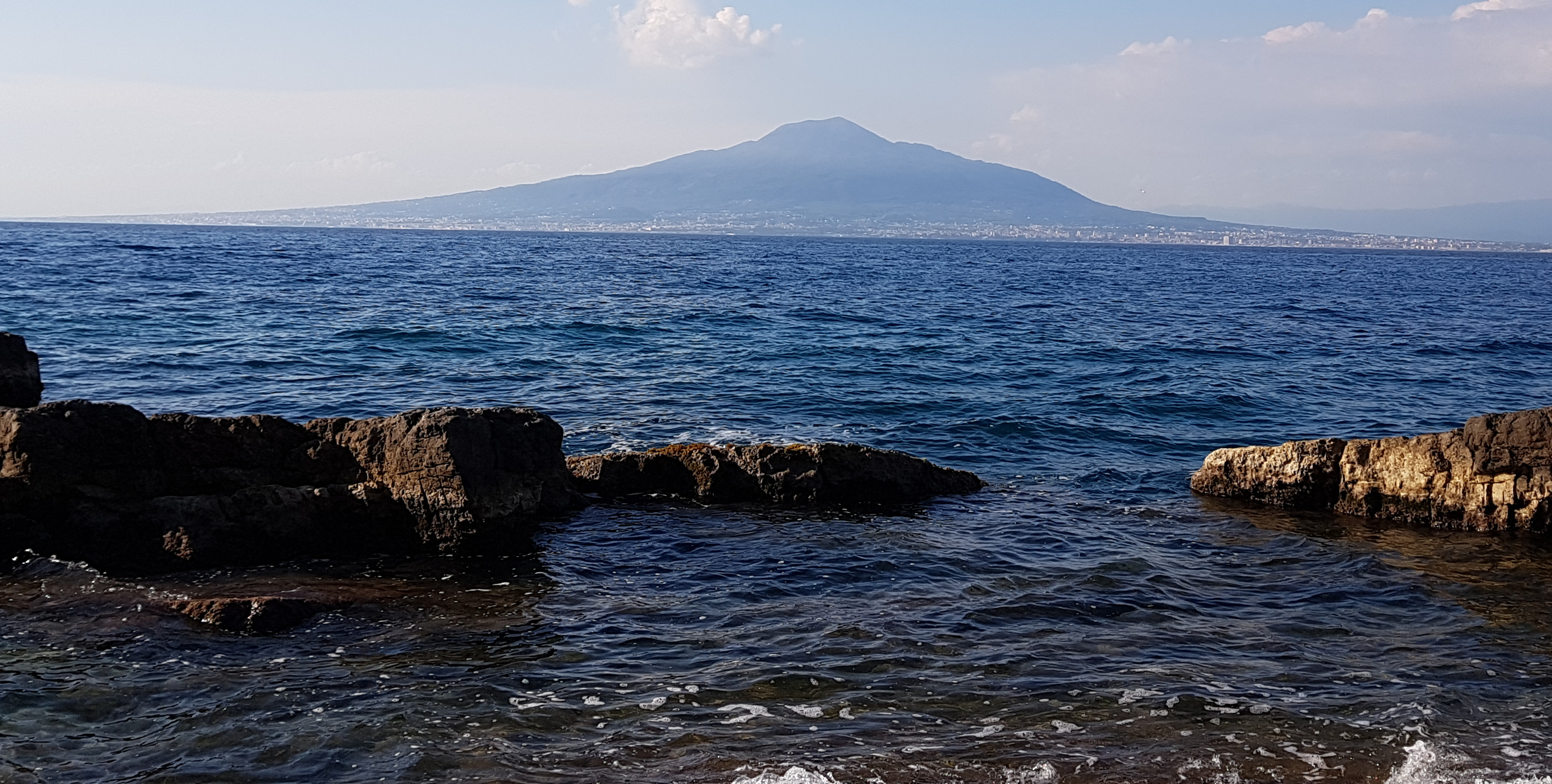Meet our keynote and invited speakers
Rosario RIZZUTO
University of Padua
Raymond SCHIFFELERS
University Medical Center Utrecht
Olivia M. MERKEL
Ludwig-Maximilians-Universität München
Rory JOHNSON
University College Dublin
Sarah HEDTRICH
University of British Columbia
Giovanni TOSI
University of Modena and Reggio
Paolo DECUZZI
Italian Institute of Technology
